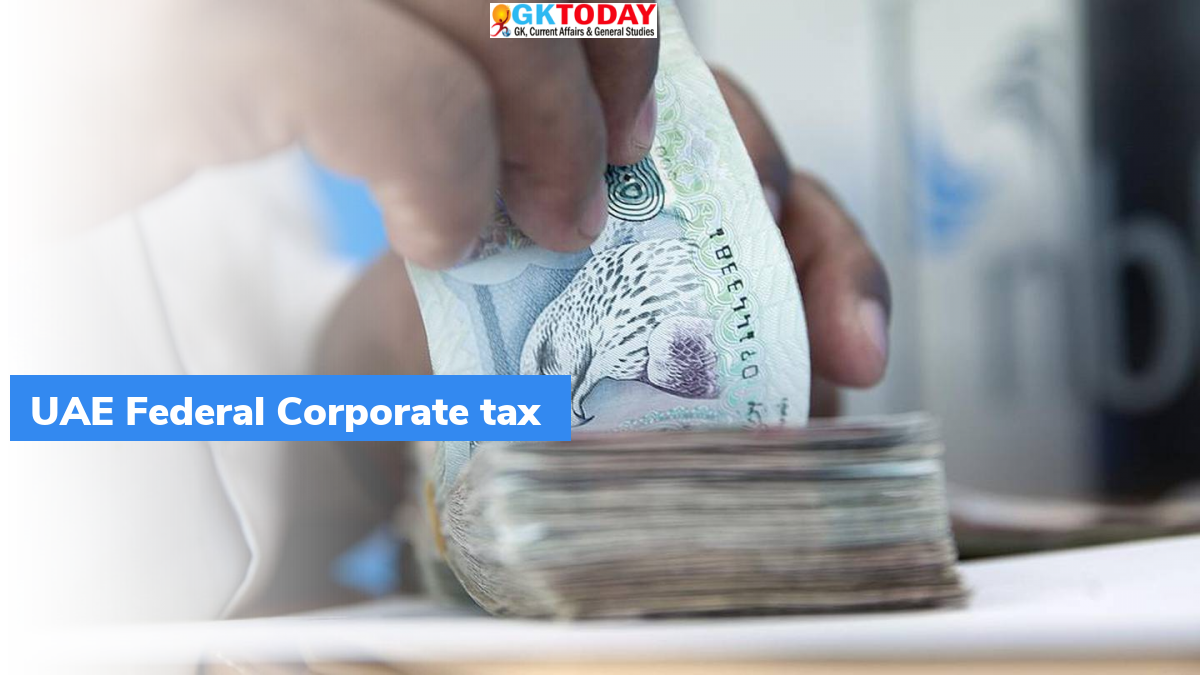UAE Federal Corporate Tax
The United Arab Emirates (UAE) announced to introduce a corporate tax from mid-2023, in a bid to diversify its income.
Key Points
- The financial centre of Gulf, is long known as a tax haven. It is the regional headquarters for multinationals.
- But the financial centre will start taxing business profits over 375,000 AED at 9.0 percent from June 2023.
- This announcement is the latest significant move by the country, which recently switched from Friday-Saturday weekends to Saturdays and Sundays in order to align closer with global markets.
UAE Corporate Tax Regime
The corporate tax regime of UAE will be amongst most competitive worldwide. There will be a corporate tax of 9% for businesses with net annual profit over AED 375,000, and a 0% for businesses with net annual profits of less than AED 375,000.
Will there be personal income tax?
As per ministry, there are no plans to introduce capital gains tax or personal income tax from real estate or other investments.
Diversification of income in UAE
The UAE is a major oil exporter. It is also a big player in trade, business, transport and tourism. Now, it is diversifying to reduce its dependency on crude oil. It is also facing increased competition from neighbouring Saudi Arabia, which is the biggest oil exporter worldwide. Saudi Arabia is already pursuing its own drive for diversifying its economy and attract foreign businesses.
Significance of the corporate tax
With the introduction of corporate tax, the UAE seeks to meet international standards for tax transparency and prevent harmful tax practices.
Taxation in UAE
UAE is a federation of seven emirates, comprising of autonomous emirate and local governments. It does not have any federal income tax. Each emirate has enacted an income tax decree, however in practice, enforcement of these decrees is restricted to oil companies and foreign banks. Government had implemented value added tax (VAT) at 5% from January 1, 2018.
Month: Current Affairs - February, 2022
Category: International / World Current Affairs


